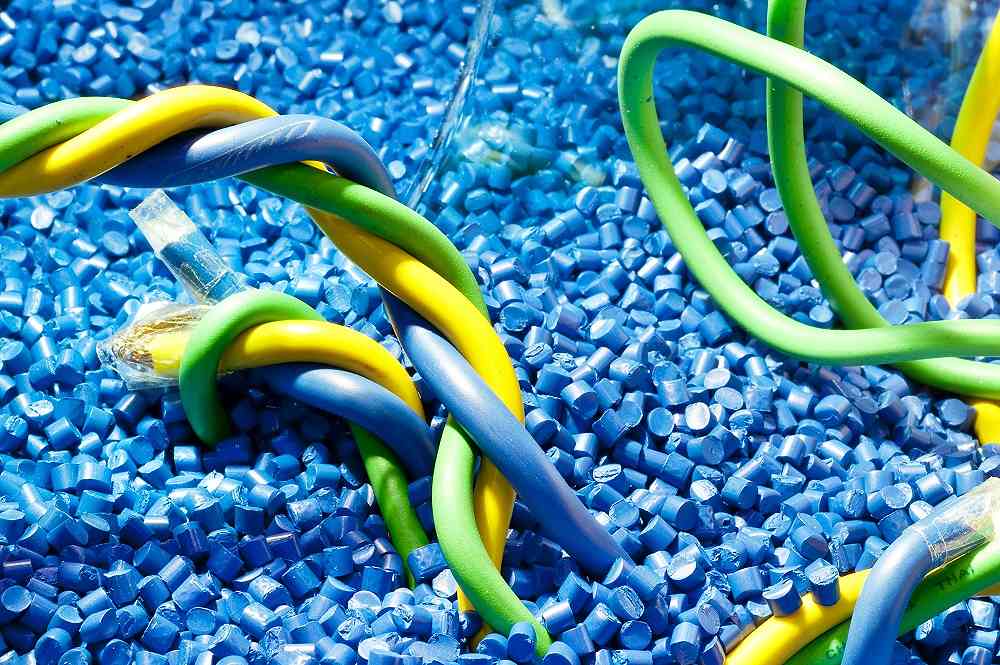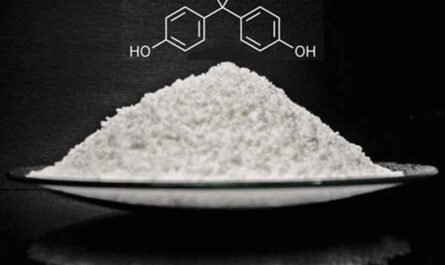The Rise of Sulfone Polymers in Modern Technology
Sulfone polymers are a class of thermoplastic polymers that have emerged as an essential material for a variety of engineering applications. Their excellent thermal stability, chemical resistance, and mechanical properties have made them viable alternatives to other polymers commonly used in industries like aerospace, medical devices, and electronics. In this article, we will explore the chemistry and properties of sulfone polymers that have led to their increasing adoption across different technology sectors.
What are Sulfone Polymers?
The term “sulfone polymer” refers to a polymer containing the sulfone group (S=O2) bonded to an aromatic or cycloaliphatic ring. Commercially, some of the most important sulfone polymers include polysulfone (PSU), polyethersulfone (PES), and polyphenylsulfone (PPSU). These polymers have a rigid backbone structure due to the presence of aromatic rings and sulfone groups that give them enhanced strength and stability compared to other plastics.
Chemistry and Properties
At a molecular level, the key structural element that differentiates sulfone polymers from others is the sulfone group. This functional group is electron-withdrawing and increases the polymer’s glass transition temperature (Tg), making the material stiffer above this point. Sulfone polymers also demonstrate exceptional resistance to hydrolysis due to the stability of the sulfone bond. Their glass transition temperatures range between 150-240°C, giving them high heat distortion temperatures suitable for applications requiring prolonged exposure to high temperatures.
Additionally, sulfone polymer demonstrate good chemical compatibility and resist degradation from a wide range of solvents, acids, bases, and salts. For example, PSU and PPSU show very high resistance to degradation from concentrated alkalis and acids like hydrochloric acid and sodium hydroxide solutions. These properties arise from the hydrophobic and non-polar nature of the sulfone and aromatic rings present in the backbone.
Rise in Engineering Applications
Given their robust mechanical and thermal properties, sulfone polymers have emerged as important engineering plastics replacing other high-performance thermoplastics. Some key application areas where sulfone polymers are increasingly being adopted include:
1. Medical Devices
Sulfone polymers like PSU and PES are widely used in blood-contacting applications like dialyzers, blood oxygenators, and implantable devices due to their high biocompatibility and resistance to cleaners/ sterilants. Their bulk properties allow miniaturization and complex shaping for advanced medical tools.
2. Automotive
High heat resistance of sulfone polymers allows their use under extreme engine temperatures. PPSU is used in under-hood automotive applications like air intake manifolds and charge-air ducts. PSU is used in electrical components near engine compartments.
3. Electronics
Excellent electrical properties, high dimensional stability, and resistance to organic solvents/acids makes sulfone polymers suitable for printed circuit boards, connectors, and electronic enclosures. PSU is commonly used as an insulator and housing material in devices.
4. Aerospace
Low density but high strength-to-weight ratio of sulfone polymers makes them attractive for aircraft applications. PSU finds use in aircraft brakes, ducts, and structural components. Ultra-high purity grades of PES are used in advanced space applications.
The Future of Sulfone Polymers
As technology integrates more advanced materials, the need for high performance polymers with robust chemical and thermal properties continues to grow. Sulfone polymers have established themselves as a reliable class of engineering plastics fulfilling this need. Continued material innovation will likely expand sulfone polymer applications to new frontiers. Developments in polymer processing, particularly 3D printing, could unlock new design possibilities. Blending sulfone polymers with other materials may further enhance properties for specialized uses. With their unique chemistry, sulfone polymers are well positioned to play an integral role in developing technologies of tomorrow.
*Note:
1. Source: Coherent Market Insights, Public sources, Desk research
2. We have leveraged AI tools to mine information and compile it



